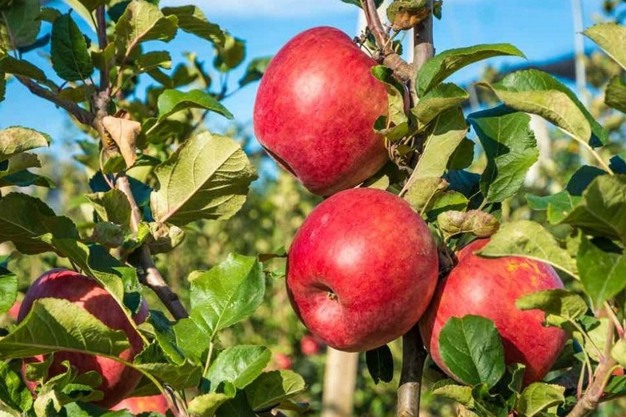In two recent decisions, the Opposition Division of the Community Intellectual Property Office (Euipo) has written the last page of a dispute that dates back more than a decade, when APAL (Apple and Pear Australia Limited) filed an opposition against the WILD PINK trademark registered in Europe and other countries by Pink Lady America (PLA).

The first opposition, filed in 2013, was based on the potential risk of confusion with the more popular PINK LADY trademarks owned by APAL and licensee Star Fruits Diffusion (itself a licensee of the Cripps Pink apple variety).
After the opposition was rejected and upheld by the Board of Appeal, the Court of Justice annulled the decisions in 2018 and referred the case back to the EUIPO Board of Appeal for a new and fuller examination. After four years, the Board of Appeal remitted the case to the Opposition Division, which, after a long and thorough examination of all the issues raised by the parties, finally decided both cases.
The result of this sixth review (subject to a further appeal by APAL) is identical to the previous ones, in that the WILD PINK marks were found not to be conflicting with the PINK LADY marks, in line with the results of the much more expeditiously resolved proceedings in Chile, Argentina, Canada, China and New Zealand.
ones, in that the WILD PINK marks were found not to be conflicting with the PINK LADY marks, in line with the results of the much more expeditiously resolved proceedings in Chile, Argentina, Canada, China and New Zealand.
The EUIPO's decisions are of significant interest, as they confirm the limited scope of actionable protection on highly descriptive and commonly used terms such as the word PINK. This is even taking into consideration the degree of success and reputation earned by the earlier trademark." even when considering the degree of success and reputation earned by the earlier trademark.
Indeed, the EUIPO highlights that the increased distinctiveness of the trademark 'Coca-Cola' as a whole cannot alter the fact that the element 'Cola' is entirely descriptive for certain goods. Similarly, in the present case, while distinctiveness has been established for the earlier trademarks 'PINK LADY' as a whole, this does not alter the descriptive character of the verbal element 'PINK' as such.
Attorney Roberto Manno (photo above) provided counsel to Pink Lady America throughout the proceedings, which are documented in the decisions accessible via this link.
